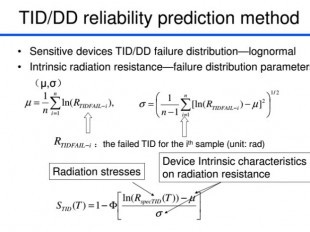Space radiation environment is an important failure causing factor in space vehicles. Traditional reliability prediction method did not include the space radiation environment reliability. It’s the time to set up a method of space radiation environment reliability prediction. Continue reading
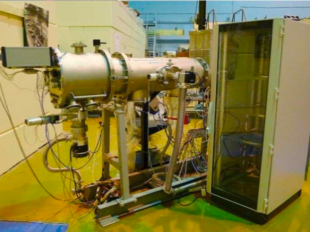
1. Admissible methods for SEE testing were determined on accounts of their realization at Roscosmos Test Facilities. 2. The SEE Testing Aids (based on ions, proton and laser sources) were created and are currently in operation. 3. The Roscosmos Testing Aids provide tests for all... Continue reading
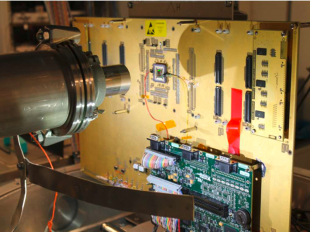
Many basic testers availables which offer the capability to carry out a test in a rather short delay (a few weeks) at a relatively low cost. Capability to develop on demand test setup for complex devices (μP High frequency devices, RF fixtures etc…) higher cost driven by the... Continue reading
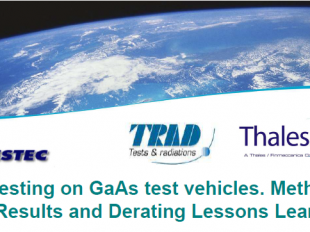
Radiation sensitivity of GaAs components is not really well known, compare to other technologies. Traditional radiation harness policy consisted in a good derating in DC bias conditions to ensure operation inside a known or expected DC safe operating area (SOA). However... Continue reading

New failure modes not observed in Silicon appear while testing SiC MOSFET and Schottky diodes and under heavy ions radiation. Gate damage in transistors remains undetected even monitoring drain current and gate leakage of the transistor under high voltage biasing conditions. Continue reading
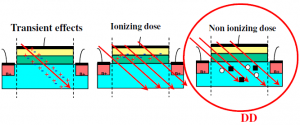
Goal of the study • Propose a DD test standard • Should be available by the end of the year after ESA and Components Technology Board (CTB)/Radiation Working group (RWG) comments • Goal of this presentation ⇒ Not a draft of the future guidelines, but: • Remind the physical... Continue reading
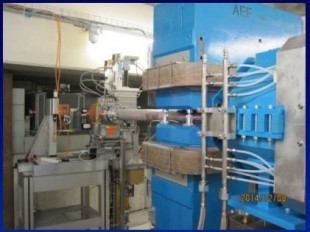
In order to evaluated the displacement damage on device induced by energetic particles in space, various device samples including optocouplers, solar cells, and bipolardisplacement damage radiation testing ransistors are irradiated with protons, neutrons and γ-rays. The... Continue reading
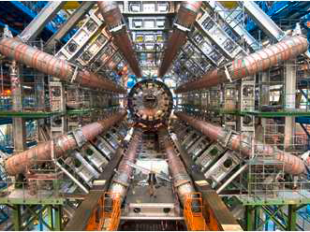
Electronics systems designed for applications in high radiation environments, such as space missions, high energy accelerators and avionics, are subject to a radiation qualification process at component level which is often time consuming and expensive. The new CERN High energy... Continue reading
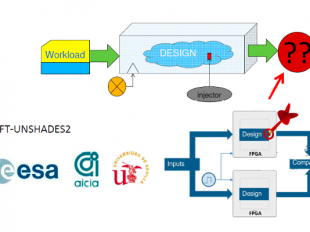
Accelerators are the accepted method to validate a device to flight. In vivo testing is a complex and expensive task that is needed to get information about how failures can propagate to primary outputs and monitor that the response of a design is correct. There is a strong... Continue reading
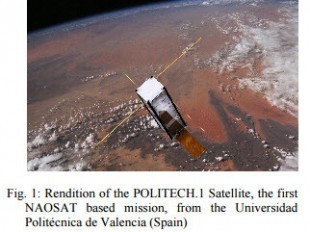
A modular architecture specifically designed for integrating technology demonstrators and test applications in a fast-to-orbit cycle allows any interested team to prepare its payload for flight into orbit in less than 1 year. Existing radiation models and continuous monitoring... Continue reading
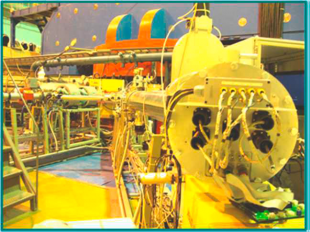
Laser beam brings unique capabilities for radiation hardness evaluation and testing of electronic components and systems. The presentation describes various laser techniques and approaches for radiation effects testing and research used in Russia by NRNU MEPhI and SPELS: SEE... Continue reading
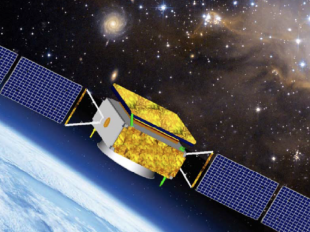
VA160 and VATA160 are used as front-end readout ASICs in the payloads of DAMPE. Both Laser pulse test and heavy ion beam test were conducted to get the SEL tolerance of the ASICs. Laser test was performed firstly to quality the SEL sensitivity because it is easy and ready at all... Continue reading

